UNIVERSAL CIRCULAR ECONOMY MODEL
Optimized Manufacturing
The concept of a circular economy involves taking materials and resources from products at the end of their useful life and reusing and re-purposing them to manufacture new products. At Genesis Dome, we recognize the importance of this model. Our solutions for the manufacturing sector drive and promote the optimization of circular economies. These solutions protect the environment and encourage innovation and optimization in industry and the manufacturing sector.

Increased Cost of Raw Materials
Not only are raw materials in high demand and difficult to extract in an environmentally friendly way, but they are also costly to obtain. As the quantities of raw materials in the world decrease, prices increase due to scarcity and import costs. As a result, raw materials for manufacturing become more expensive.

Negative Environmental Impact
The conventional way of extracting resources from the environment harms the earth, as doing so increases carbon emissions. In addition, products are traditionally discarded at landfills and other natural areas once they exhaust their useful life, negatively impacting the environment.

Growing Demand for Resources
Given the world’s finite resources, demand for them increases over time. Human populations are rising while the amounts of raw materials are depleted simultaneously. This inverse relationship creates a growing demand for raw materials.
Universal Circular Economy Model
Genesis is a leader in electronic waste recycling, expanding these circular economy models to achieve across-industry waste diversion goals. The scalability of these models is a unique advantage and value to Genesis clients and partners. Our team takes pride in handling small “boutique” jobs and significant projects. These models are fundamental to Genesis’ approach to sustainable waste management for all types of material, aimed at maximizing resource recovery and minimizing waste. Here’s how Genesis delivers value.

Take-Back and Recycling Programs
Genesis collaborates with cross-industry manufacturers and retailers to set up extensive take-back and recycling programs. By providing convenient collection points and mail-in options, Genesis makes it easy for clients to return their electronic devices, ensuring proper disposal and allowing for valuable resource recovery through dismantling and component separation.
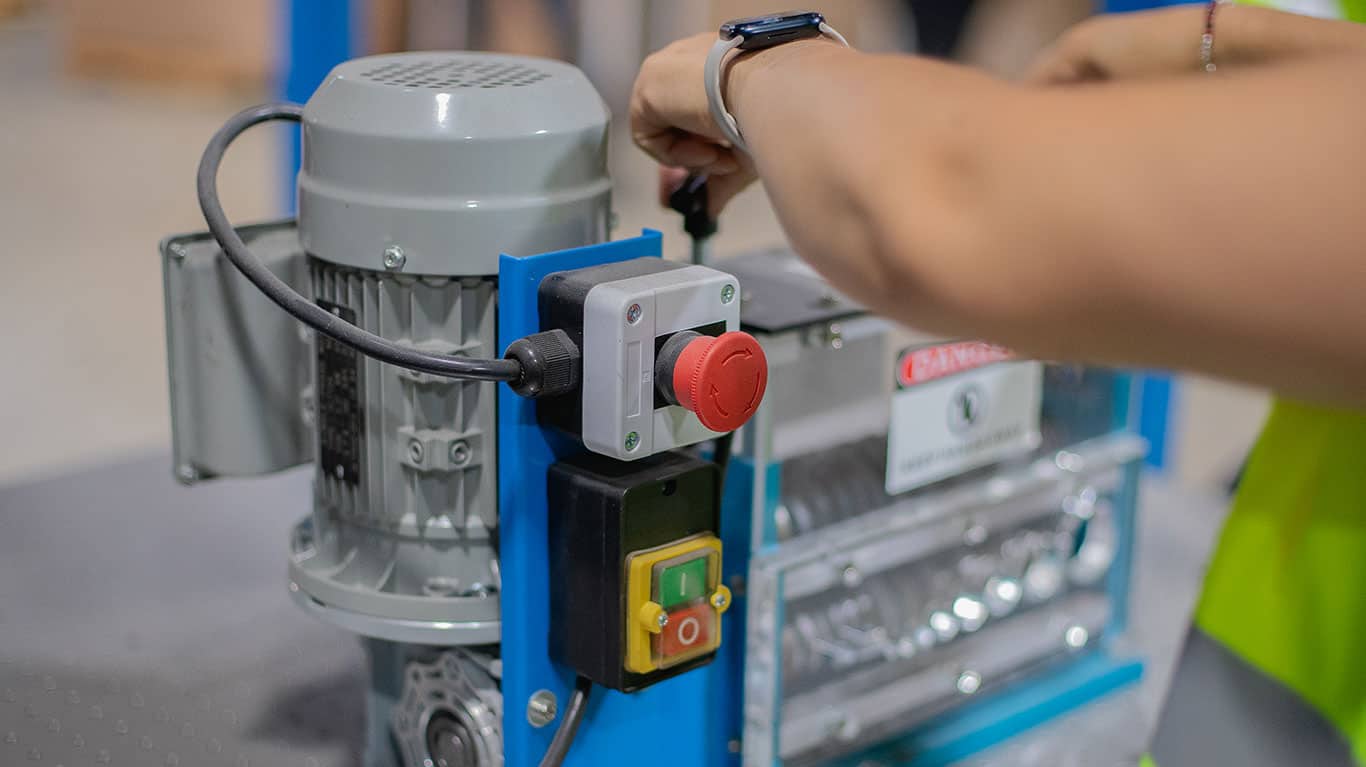
Refurbishment and Resale
Genesis goes beyond traditional recycling by offering refurbishment and resale services. Through expert repair and restoration, Genesis extends the lifespan of used devices, offering clients affordable electronics. This approach reduces electronic waste and provides cost-effective options for clients, ensuring they get the best value for their money and contributing to a circular economy.
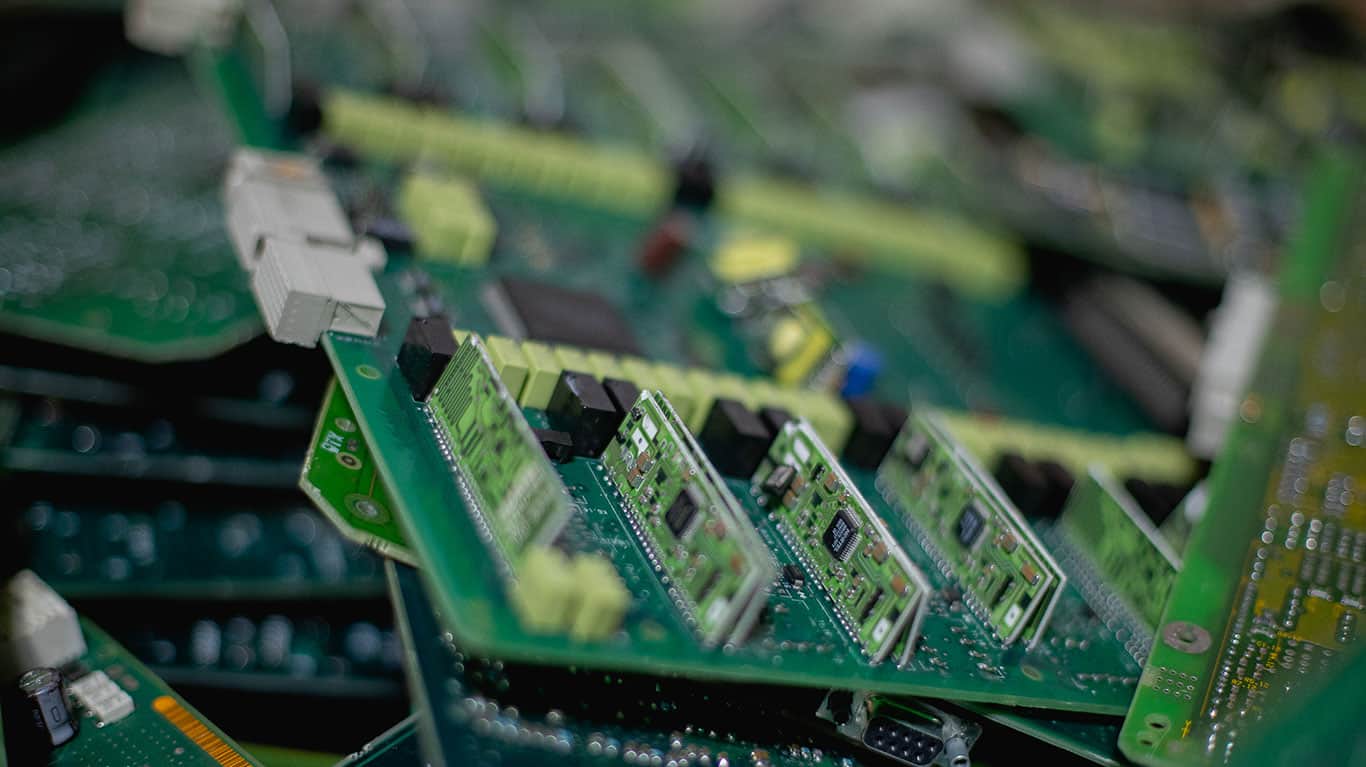
Component Harvesting
Genesis specializes in extracting and harvesting valuable components from electronic devices. We prioritize safety and environmental sustainability in our operations, ensuring that the process is carried out in a controlled and responsible manner. By focusing on recovering circuit boards, memory chips, and displays, we help clients and partners optimize resource utilization, reducing the need to manufacture new components.
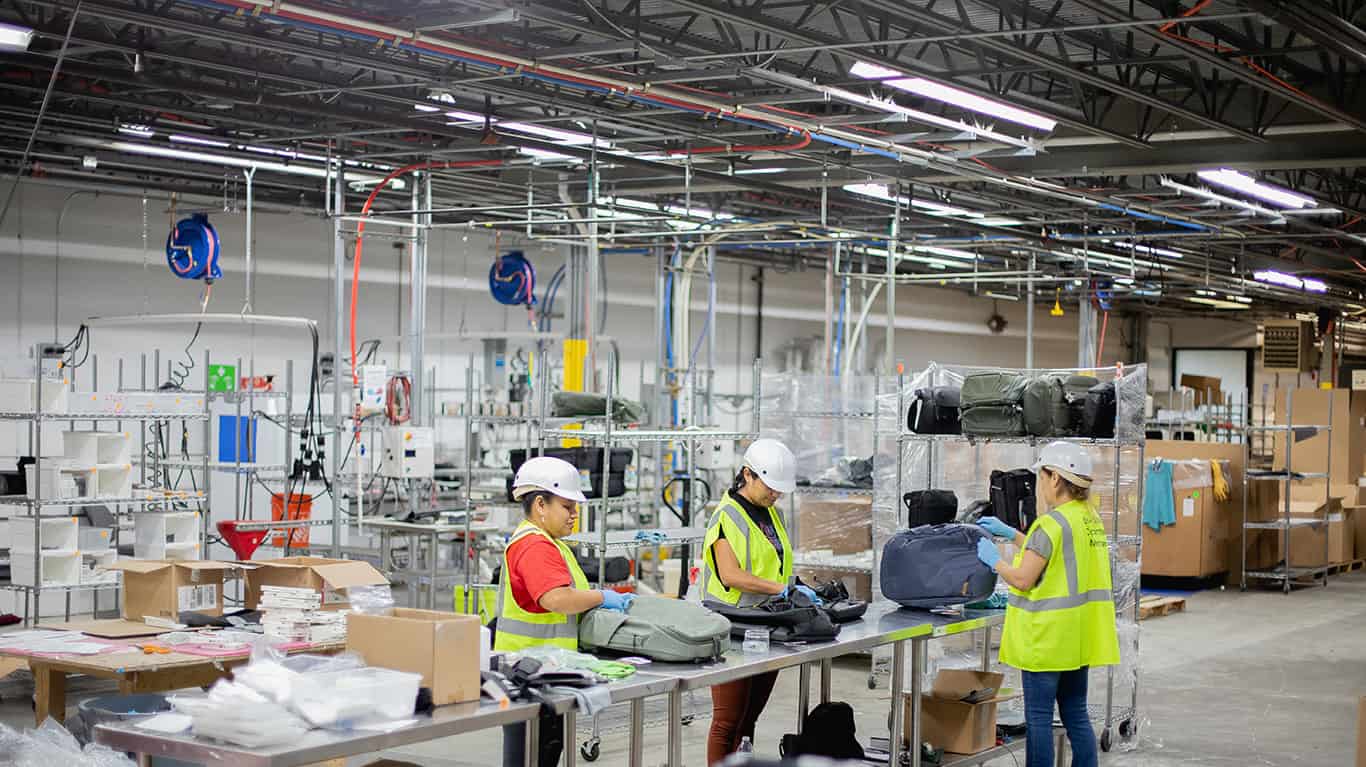
Material Recovery and Recycling
Genesis utilizes cutting-edge Demanufacturing technologies and innovative processes to extract and recover valuable materials from electronic waste. Our efficient recovery methods allow us to extract metals like gold, silver, copper, and rare earth elements, offering manufacturers a sustainable supply of these resources. This reduces the need for raw material extraction and supports using recycled materials in new electronic devices, an essential aspect of our commitment to a more sustainable future.
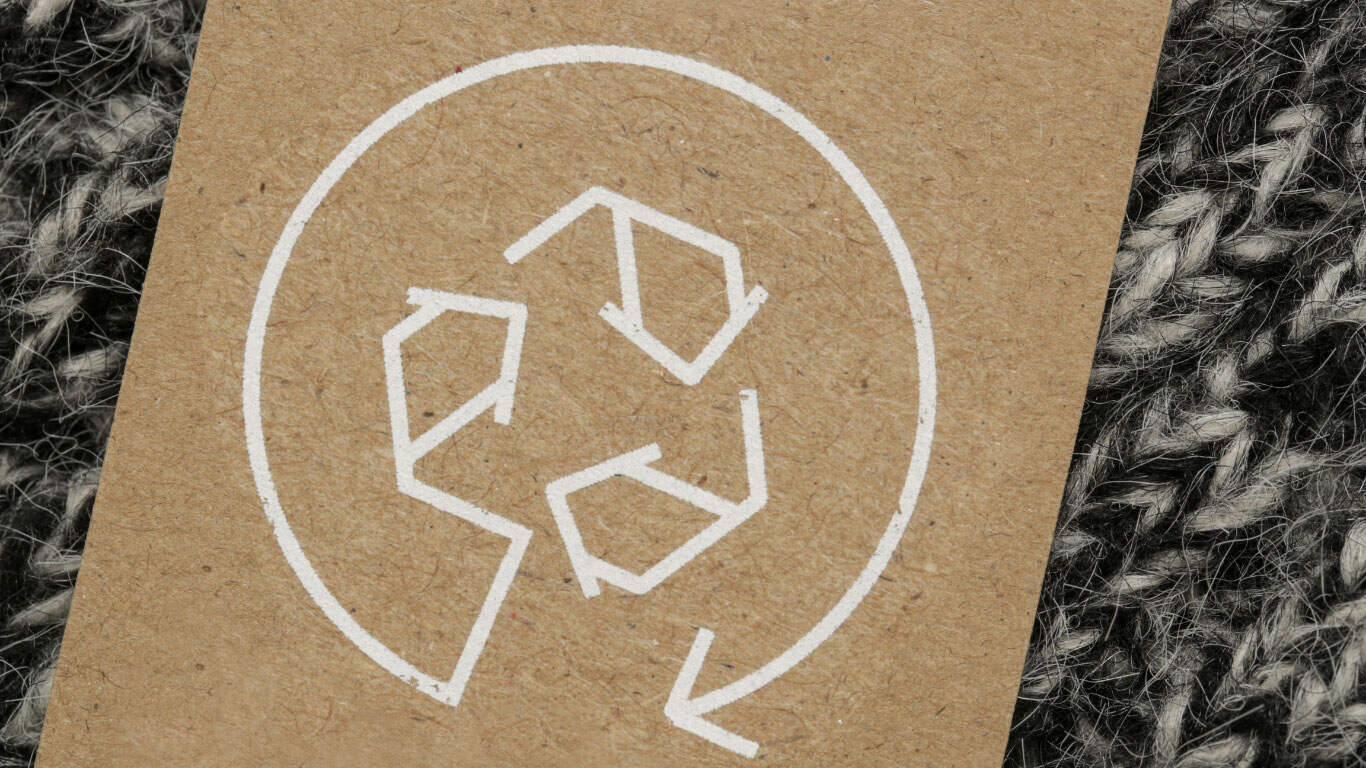
Design for Recycling
Genesis actively collaborates with electronics manufacturers and reaches across industries to promote “design for recycling” principles. By providing expertise and guidance, Genesis helps manufacturers design easily disassembled and recyclable products. This ensures that clients’ products are inherently sustainable, significantly reducing electronic waste and enabling efficient resource recovery. By choosing Genesis, clients are not just getting a service, but they are also actively participating in creating a more sustainable future.
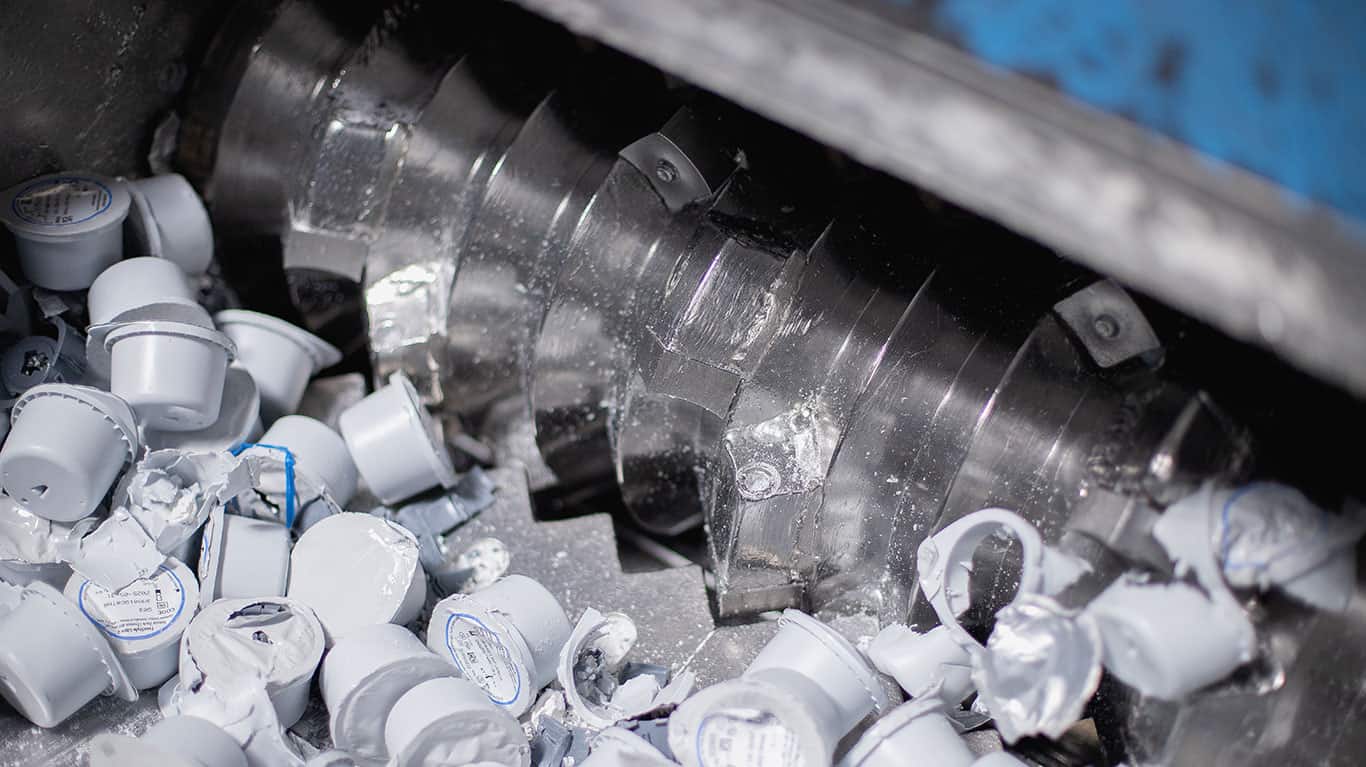
Extended Producer Responsibility (EPR) Programs
Genesis actively participates in Extended Producer Responsibility (EPR) programs, a key component of our commitment to environmental stewardship. These programs require manufacturers to take responsibility for the entire lifecycle of their products, including their end-of-life management. By partnering with Genesis, manufacturers can meet these regulatory requirements while ensuring proper recycling and disposal of their products. This streamlines compliance and promotes sustainable practices, a crucial step towards a more sustainable future.
Through these circular economy models, Genesis is committed to environmental stewardship, resource efficiency, and a practical, sustainable future for all stakeholders.
Benefits of a Circular Economy
Less Demand/Cost for Raw Resources
Since circular economies re-use and re-purpose resources, there is much less reliance on using raw materials for manufacturing. As a result, circular economies make manufacturing less expensive because raw materials do not need to be purchased as often. Using materials again creates additional value and minimizes resource costs.
Improved Product Innovation
Circular economies cultivate innovation from a product design and manufacturing perspective. Re-using and re-purposing materials promotes more environmentally friendly, efficient, and cost-efficient ways to produce new versions of the same product.
Minimizing Environmental Impact
The circular economy model reduces waste output, which minimizes environmental impact. Circular economies are a more environmentally friendly alternative than the traditional linear model, in which materials are thrown away in large quantities. A circular economy is a sustainable solution because it reduces waste and is environmentally friendly.
